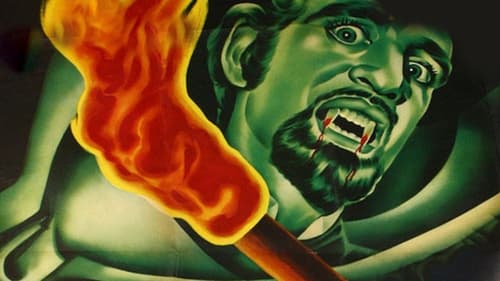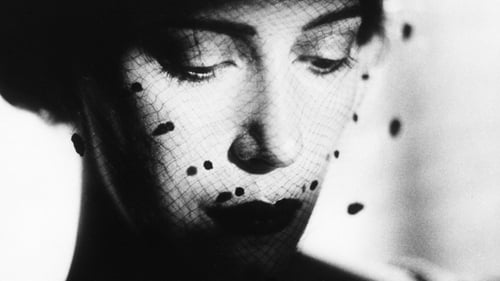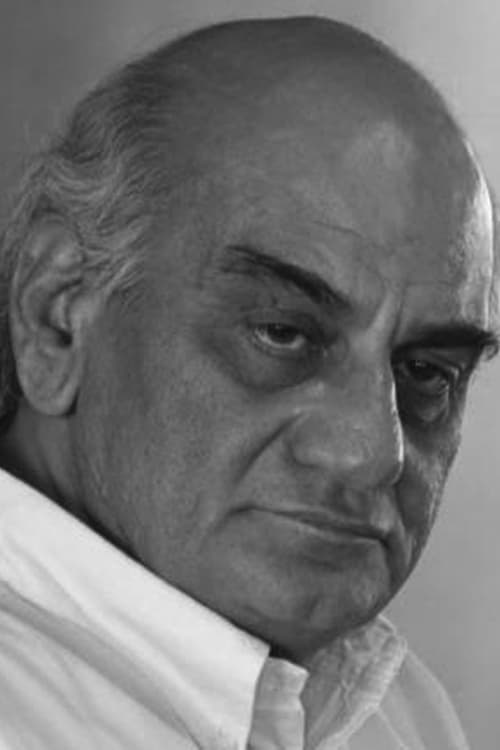Forms and Designs (1968)
ジャンル : ドキュメンタリー
上映時間 : 11分
演出 : Mani Kaul
シノプシス
A short film that sets up an opposition between functional forms of industrial age and decorative ones from Indian tradition.

Vampire hunters track down a vampire and attempt to steal the ashes from his coffin in order to stop him from reviving nightly.

Otto Scheidel (Manfred Krug) has been captain of the Elbe steamer Jenissei for over twenty years, but his ship, the last of its kind, is going to be converted into a floating restaurant. Otto, whose his strong attachment to the ship has already cost him his relationship with his girlfriend Caramba (Renate Krößner), refuses to take another job and instead joins a railway construction brigade.

In this East German film, the third one in The Third is Margit's third lover. After her mother's death, Margit has two affairs which don't work out, and one lesbian friendship which she retains. She is looking for a husband, though, and thinks she has spotted a candidate in her fellow factory worker. As she contemplates marrying him, her story is told in a series of flashbacks.

In order to stop a vampire from terrorizing the countryside, some locals decide to break into his coffin at night and steal his ashes. Complications ensue.

Barbara, a young girl, lives in an old country house with her father and her teacher. One night, she dreams that a fireman enters her room through the window. Having grown, Barbara leaves her father to travel across the world, before coming back to her childhood fantasies: one day, she calls the firemen, and locks herself with one of them in her bedroom.

In this picture, the barrier epitomizes the line between reality and dreams, the pattern of harmony and happiness. The delicate, pretty, sensitive Dorotea and the sedate middle-aged composer Antoni meet by chance. He gives her shelter in his house. Famous composer falls under the spell of young Dorothea: A pretty, thin-skinned, though quite an eccentric girl.

Documentary about the teachings of Jiddu Krishnamurti.

The film portrays the Swedish playwright, novelist, poet, essayist and painter August Strindberg's life 1849-1912. Through his extensive correspondence and literary production, from the supposed first work, the drama "The Free Thinker" (1869), to the posthumously published "The Occult Diary" (published 1977 ). But also his three wives, Siri von Essen, Frida Uhl and Harriet Bosse, and the children Karin, Greta and Hans are given space in the film. The unpublished first drama "The Free Thinker", depicts a young man forced to break with family and tradition to follow his conscience and ideals, becomes a prophecy about the author's own life.

Young and correct Paquito meets a girl on the streets of Buenos Aires. They spend some time around the city, while discovering the outgoing and enigmatic character of Delia.

An elegant meditation on time, travel, and ceremony in the form of a journey. In her first foray into digital video, Minh-ha deconstructs the role of ritual in mediating between the past and the present. She explains, "Shown in their widespread functions and manifestations, including more evident loci such as festivals, religious rite and theatrical performance, 'rituals' involve not only the regularity in the structure of everyday life, but also the dynamic agents in the world of meaning." With its lush imagery, Minh-ha's Japan is viewed through mobile frames, with doors and windows sliding shut, revealing new vistas as it blocks out the old light.

One night Jorge will meet with a Japanese industrialist, who will allow him to abandon his teaching position and resume his chemical work. However, when he gets home he finds a person there.

Now Titus' father has died, the new emperor will be free to marry his beloved Bérénice. Also In love with Bérénice, Titus' friend Antiochus plans to flee Rome rather than face the marriage. However, public opinion about the pairing causes Titus to choose his duty to Rome over his love for Bérénice, and he sends his love rival to tell Bérénice the news...

Lisandro Alonso returns to La Pampa, to the same locations of Freedom, to shoot his Carta para Serra (or Sin título), with a camera that seems to float among the vegetation. He has the company of Misael Saavedra, and yet instead of looking back (or making a tribute to his actors, because that was the subject in Fantasma) this movie seeks to be a prologue for his next one.

The film begins when Eugenio, a 14 year old child, is conduced from his grandparents home outside Rome, to Giancarlo (his father) in the city, by Giancarlo's friend (called "Moustache"). As Eugenio is bothering Moustache, he threatens Eugenio with leaving him in the middle of the country. He finally does it. When Giancarlo finds out, they return for Eugenio, but he is now lost. Meanwhile we're told the story of the child and his relation with the family, and why he feels unwanted.









